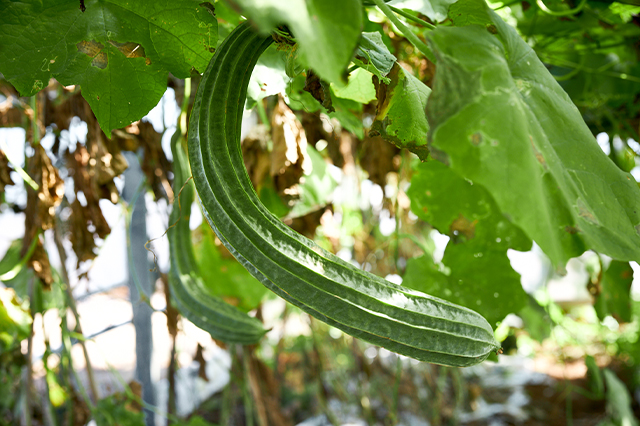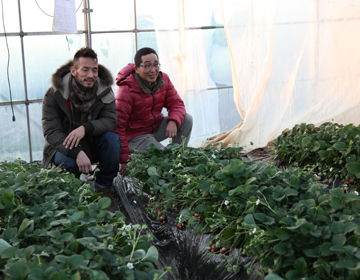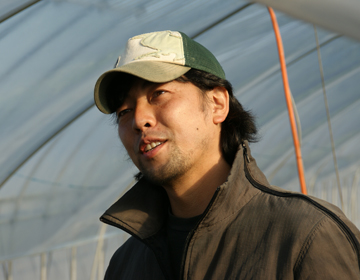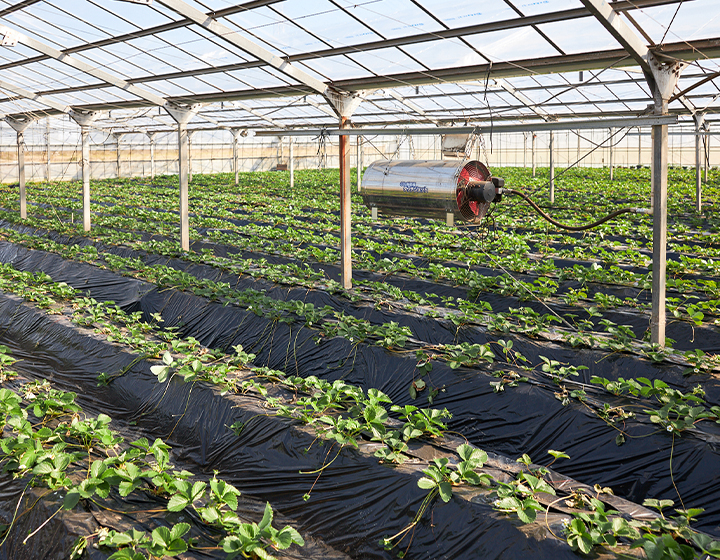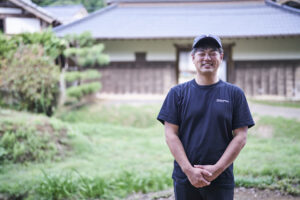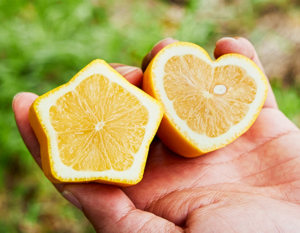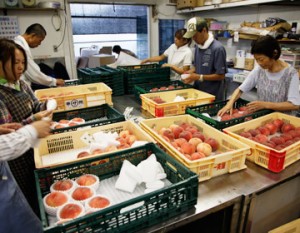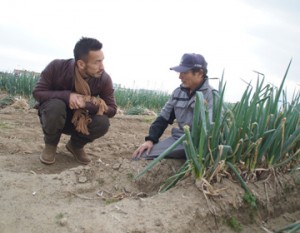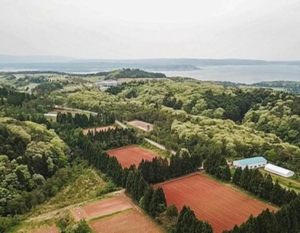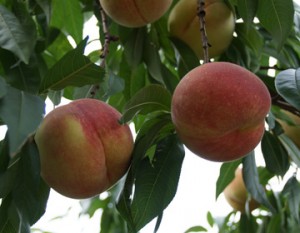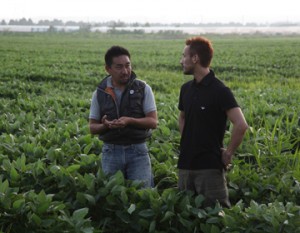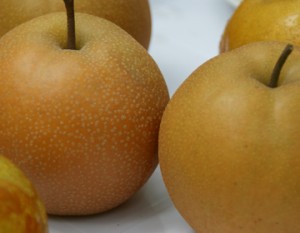Herb facility with farm and laboratory
At Simota Farm in Toride City, Ibaraki Prefecture, more than 100 kinds of herbs and a variety of vegetables are grown in a vast field of about 8 hectares. From familiar herbs such as mint, rosemary, thyme, and basil to rare herbs that are only used in certain Italian and French dishes, all are growing lush and healthy. President Masuo Shimota’s influence on Japanese agriculture and cuisine has been quite significant.
I started growing herbs about 50 years ago. I took a plane ticket to England to study agriculture, but I arrived in France. I took the wrong one because I didn’t understand the side letters at all. I went to France with an English dictionary (laughs). But when I went to France by mistake, I had a salad with a lot of herbs, and it was so delicious. I decided to grow them in Japan. Indeed, the herb tea we enjoyed while listening to President Shimoda’s story was very fresh, easy to drink, and truly delicious.
At first, the strong-smelling herb was not considered by the market, but gradually the company began to receive orders directly from chefs at famous hotels, and the rumor spread among chefs. Even now, we get a lot of chefs coming to us,” he said. There is even a famous French chef who comes here often. People ask me to make this or that, so I have more and more varieties. Some of the herbs are used only once a year in sauces.
Mr. Shimota, who is very passionate about research, once sent a letter to a famous British herb breeder, asking him to teach him how to cultivate herbs. I sent him a letter out of the blue, but he replied out of the blue and asked me to come visit him in a week (laughs). I was panicked because it came out of the blue. I went with my mother, who was wearing a kimono, to a very big place. Over the next 20 years, the Count taught me many things.
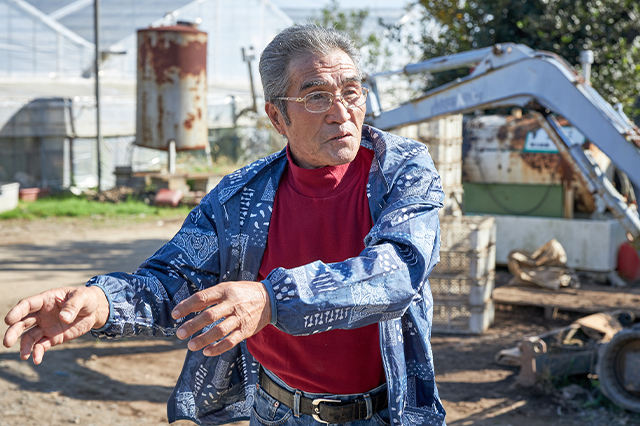
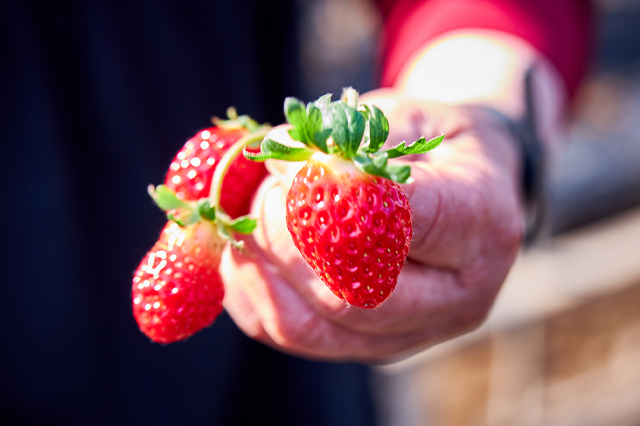
An indispensable figure in Japanese herbal
President Shimoda also insists on safe, pesticide-free and chemical-free cultivation. He believes that evidence is important to properly understand the composition of the vegetables he grows and to stabilize their taste, so he has built a laboratory on the premises that is comparable to those used by major corporations. He is also constantly researching soil and fertilizers, and gladly accepts requests from neighboring farmers to analyze their soil and crops. Many of the herbs that can now be found in supermarkets were originally produced at Simota Farm and have since spread throughout Japan. For more than 20 years, the farm has also accepted students from Indonesia to teach them about agriculture, and actively holds study sessions with neighboring farmers, generously sharing the knowledge and techniques that Shimota Farm has developed over the years. In 2015, he was awarded the Order of Merit with Green and White Ribbon in recognition of his previous achievements. President Shimota, a dynamic and dynamic man with an Ibaraki dialect, is an “unknown great man” who is indispensable to the development of Japanese cuisine.
